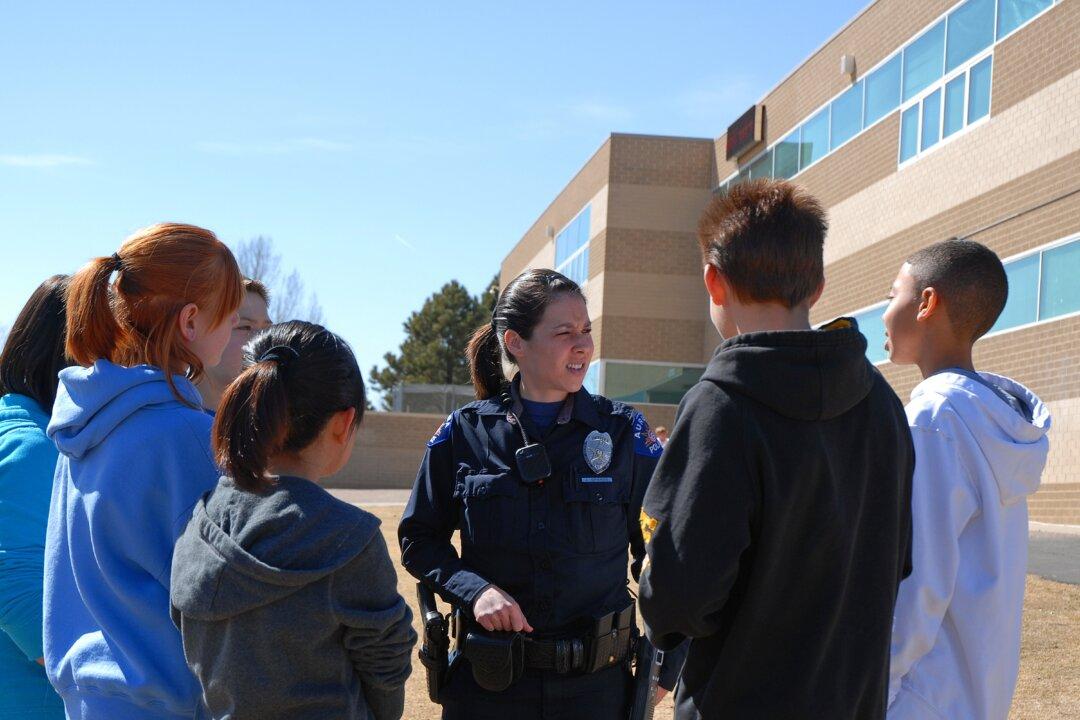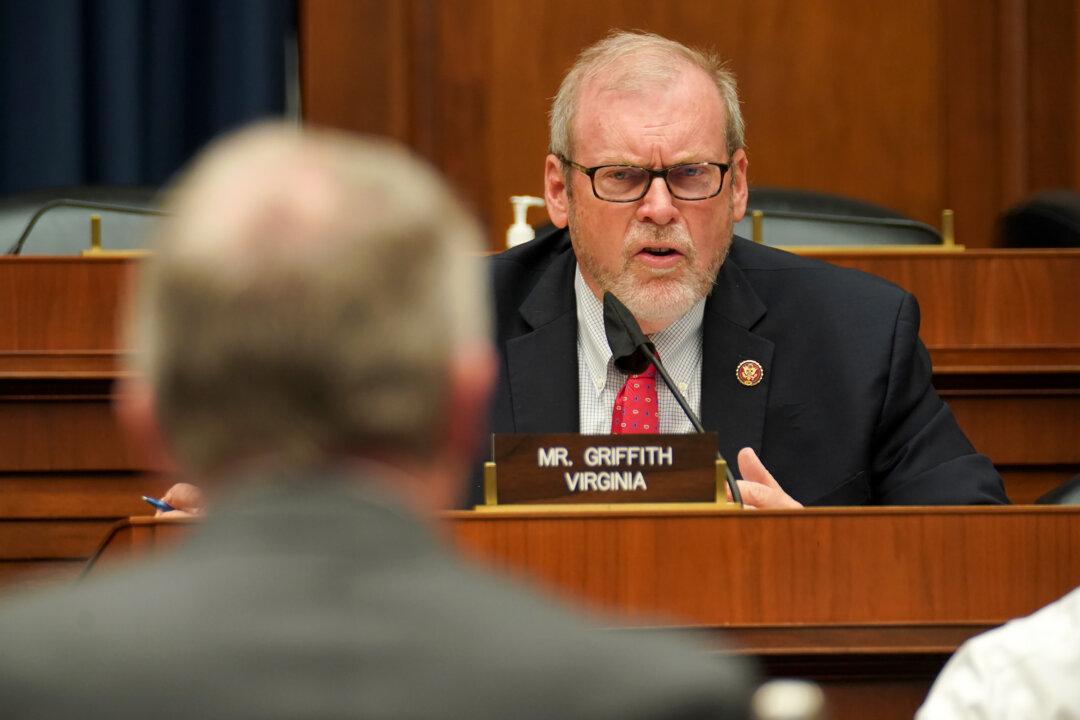ST. PAUL, Minn.—Republican lawmakers in Minnesota have called on Gov. Tim Walz to convene a special session of the legislature to clarify a new law governing the use of force by school resource officers (SRO).
The law strictly limits the situations in which physical force may be used to maintain order in schools, causing concern among law enforcement officials, officers, and school administrators that SROs may be open to civil liability or criminal prosecution when intervening in potentially dangerous situations.





